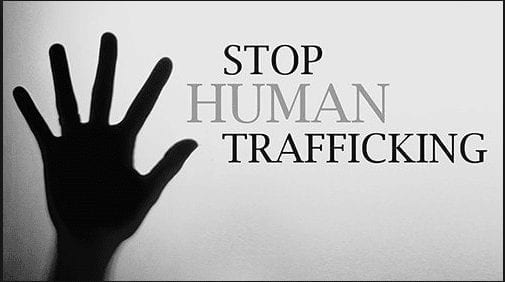
Human Trafficking in Southeast Asia: Policy and Implications
This thesis examines human trafficking within Southeast Asia to identify the similarities and differences between the causes of labor and sex trafficking. The thesis also analyzes how three case study countries have tailored their anti-trafficking policies to causes present in their country. The causes examined are divided into two distinct categories, universal and specific. The universal causes studied are large-scale social issues affecting the majority of countries, such as poverty and globalization. Specific causes are those that are limited to the Southeast Asian region or the individual case study country. The three countries selected are Cambodia, Indonesia, and Thailand due to the unique trafficking profile of each. The thesis finds that each of the three governments has not addressed all of the causes that lead to human trafficking in their country. The policies of each country tend to be universally focused and do not account for the unique circumstances present in the country. As a result, anti-trafficking policies are not as successful at reducing human trafficking. Countries must create policies that directly address its unique combination of causes, universal and specific, to effectively combat the challenging issue of human trafficking.
